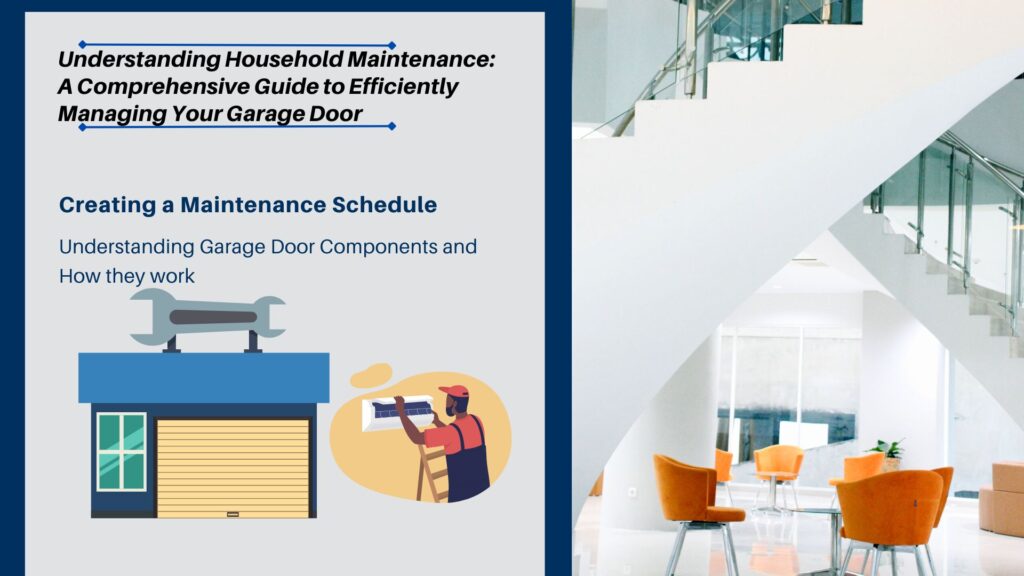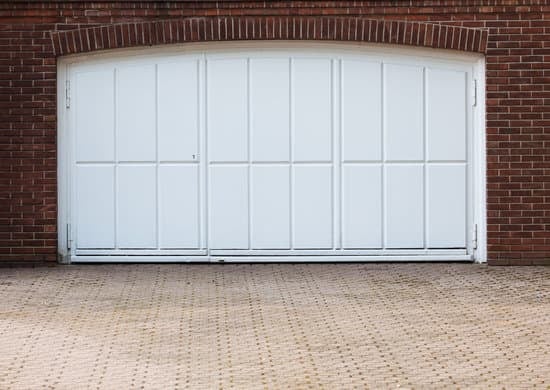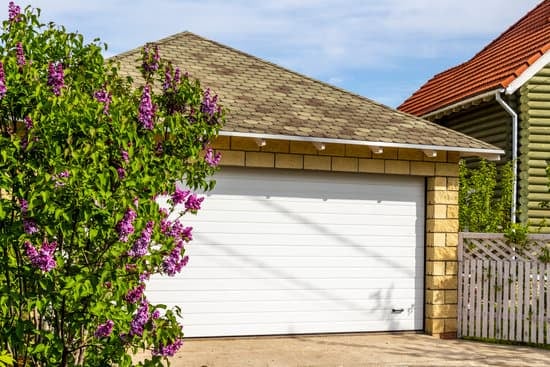
An important part of maintaining a secure, comfortable, and functional home is household maintenance. It entails performing routine maintenance and repairs on a variety of home components, such as appliances, sewage, electrical, and other systems. Maintaining your house properly can reduce risks, increase its lifespan, and ultimately save you money. To keep your home in excellent condition, it’s important to comprehend household maintenance.
Understanding household maintenance has many advantages, one of which is the ability to spot potential issues before they develop into severe issues.
You can find indications of wear and tear, leaks, or damage by routinely inspecting various parts of your house. If these problems are not addressed, they could develop into more serious ones. For instance, if you discover a tiny leak in your plumbing system, fixing it right away can help you avoid having to deal with expensive water damage. Regular upkeep can also assist you in identifying potential fire risks like frayed wires or defective electrical outlets before they result in a fire.
Understanding household maintenance also enables you to efficiently set priorities for your work and handle your time. You can organize chores into manageable steps and allot the required time and resources by making a maintenance schedule. This strategy can assist you in preventing last-minute repairs or emergencies that could disrupt your daily schedule and necessitate expensive repairs.
Additionally, learning about home upkeep can result in long-term financial savings. By spotting problems at an early stage, you can take action before they worsen and necessitate pricey fixes or replacements. Appliances and systems operate more efficiently with regular maintenance, which lowers energy usage and utility costs. Additionally, taking care of minor problems as soon as they arise can increase the lifespan of systems and appliances, sparing you money on replacement costs.
Creating a Maintenance Schedule
A key component of effective home administration is developing a schedule for home maintenance. It entails organizing and scheduling routine maintenance tasks to maintain the state of your house, avert hazards, and save money on repairs. We’ll talk about making a maintenance schedule for your house in this piece.
Identify the areas that need maintenance: The first step in making a maintenance plan is to decide which areas of your house need to be maintained on a regular basis. This can include furnishings, plumbing, electrical, heating, and ventilation systems, as well as other elements.
Make a list of these regions and assign a priority to each one based on its significance.
Identify how frequently maintenance chores are performed:
Determine how frequently each job needs to be carried out after you’ve identified the areas that need maintenance.
For instance, you might need to change the batteries in your smoke detectors every six months, clear your air conditioner’s filters once a month, and check your plumbing systems once a year. In order to make sure you are adhering to best practices, consult the manufacturer’s recommendations for a given job.
Make a calendar to arrange the maintenance tasks after you’ve determined their frequency and the tasks themselves. To keep track of your duties, you can use a traditional calendar or a digital one like Google Calendar. Include any crucial due dates or deadlines for assignments.
If you share a home with family or roommates, assign maintenance tasks so that everyone is responsible for maintaining it in excellent condition. This may entail giving people particular duties based on their qualifications and preferences.
Set priorities for emergencies: Emergencies can still occur even with a maintenance plan in place. To prevent additional damage and expensive repairs, give emergency repairs and upkeep jobs like mending a leaky roof or fixing a broken appliance top priority.
Examine and modify:
To make sure it is still meeting the requirements of your home, periodically review your maintenance schedule. Depending on how your home or living situation has changed, you may need to change the frequency of certain duties or add new ones.
Understanding Garage Door Components and How they work

Modern houses must have garage doors because they protect our cars and storage spaces and make them accessible. The different parts of a garage door and how they function may not, however, be known to many homeowners. We’ll go over the essential parts of a garage door and how they work in this piece.
Springs: The weight of the garage door is balanced by the springs, which are a crucial part of the door. Springs come in two varieties: torsion and extension. Torsion springs are mounted above the door and twist as the door moves, while extension springs are mounted on either side of the door and extend as the door opens. It’s crucial to have springs serviced by an expert because they are dangerous and under high tension.
The garage door’s tracks, which are the metal channels on either side of the door, direct the rollers and make it possible for the door to open and shut easily. To guarantee that the door will operate properly, they must be flat and in alignment.
Rollers: The rollers are the little wheels that enable the door to move up and down along the tracks. They should be routinely checked for wear and replaced as necessary.
Hinges: The metal components that join the door sections together and permit them to bend during opening and closing are known as hinges.
They need to be lubricated on a regular basis to avoid rust and guarantee seamless operation.
The motorized gadget that raises and lowers the garage door is known as an opener. It is operated by a remote control or wall switch, and regular inspections are recommended to guarantee proper operation.
Sensors: Sensors are safety equipment that stops a door from closing by detecting persons or objects in its path. They are situated on either side of the door, close to the bottom, and ought to be checked frequently to make sure they are functioning properly.
For appropriate garage door maintenance and repair in Carson CA, it is crucial to comprehend these components and how they work. Regular expert inspections and upkeep can help you avoid expensive repairs and ensure the security and longevity of your garage door. Knowing how your garage door operates will enable you to take precautions to keep it in good condition and deal with any issues before they worsen.
Tips for Efficient Garage Door Management

Your garage door plays a significant role in the safety and convenience of your house. In order to keep your family and possessions secure, it’s crucial to maintain it in good working order. Here are some pointers for managing garage doors effectively:
Frequent Maintenance: Performing regular maintenance will extend the life and ensure that your garage door operates as intended. This entails lubricating the tracks, checking and adjusting the hinges and rollers, and trying the opener and sensors. It is advised to have your garage door serviced by an expert once a year.
Keep it Clean: Maintaining the cleanliness of your garage door not only enhances its appearance but also serves to shield it from harm. In the tracks, dirt and debris can accumulate and harm the rollers and other parts by causing wear and strain. This can be avoided with routine washing with soap and water.
Check the Safety Features: Your garage door should have safety features like sensors that identify obstacles like persons or objects and stop the door from closing. Regular testing is necessary to make sure they are operating properly and avert any possible mishaps.
Check the Springs: Your garage door’s springs are a crucial component and are under a lot of stress. It’s crucial to routinely check them for wear indicators and, if necessary, have them serviced by a pro.
Address Problems Right Away: It’s critical to take quick action if you observe any problems with your garage door, such as unusual noises, trouble opening or closing, or damage to the parts. Ignoring these problems could result in future costly repairs and more serious harm.
These suggestions will help you effectively manage your garage door and guarantee both its longevity and proper operation. To keep your garage door operating correctly and your home secure, remember to plan routine maintenance by a professional and address any issues right away.
In conclusion, knowing how to maintain your home is essential to keeping it secure, comfortable, and useful.
Early problem detection, job prioritization, efficient time management, long-term cost savings, and ensuring the security and comfort of your family are all made possible by it. You can create a thorough maintenance plan that meets your home’s requirements and guarantees that it will stay in good condition for years to come by taking the time to understand household maintenance.
